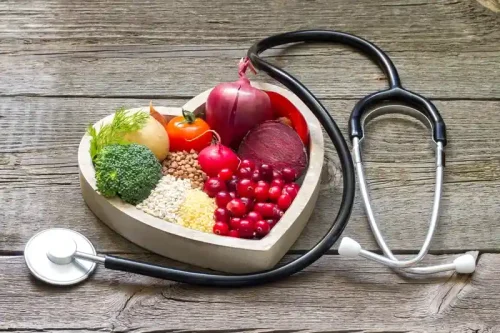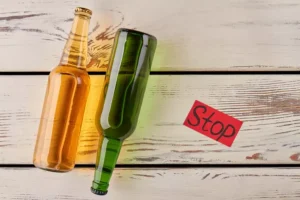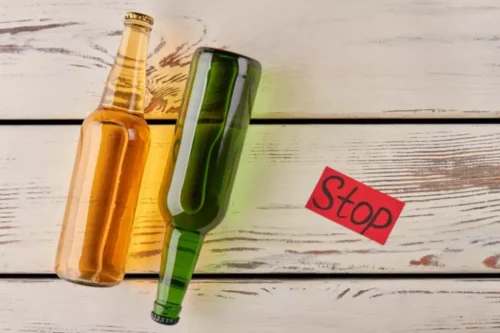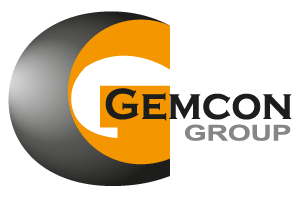Beer After Work: Relax, Unwind, And Socialize

These changes can compromise brain function and drive the transition from controlled, occasional use to chronic misuse, resulting in a cycle of addiction that can be beer after work challenging to break. However, it’s important to understand the impact of alcohol on your brain to avoid potential dangers and health problems. Alcohol interferes with the brain’s communication pathways and can affect how your brain processes information, including your balance, memory, speech, and judgment. Peer pressure from coworkers can be strong, but remember that drinking is not mandatory.
- Cortisol interacts with the brain’s reward or pleasure systems, contributing to alcohol’s reinforcing effects and increasing the risk of habitual drinking and relapse.
- This is because it draws fluid into the gut and speeds up the movement of waste through the digestive tract.
- As the publication further highlighted, even moderate consumption of alcohol can cause inflammation of the stomach.
- Today, this link persists, with many workers across various industries engaging in drinking after work.
Drinking in moderation is key to avoiding negative health effects
The excess calories are stored as fat, often around the hips and belly, leading to the infamous “”beer belly.” This weight gain can further increase the risk of cardiovascular issues and other health complications. Are you then also allowed to stipulate that employees should not have drinks at the bar after work? A policy is thus not only about establishing specific rules for the consumption of alcohol during work, but also possibly its consumption in the employee’s own time. After all, employees making a professional impression even after work, while they are inside the restaurant, café or hotel, and not indulging in excessive alcohol consumption with all its possible consequences, is important to the employer.
A 21st Century Workplace Question: To Drink on the Job, or Not to Drink on the Job?
However, it’s important to note that heavy drinking after work can be a problem for some professions, with high rates of heavy drinking reported among miners, construction workers, and those in the hospitality and food service industries. Employees in the hospitality and food service industries, including restaurants, have been found to have higher rates of problem drinking and substance abuse than the general population. The National Survey on Drug Use and Health in 2015 reported that workers in these fields had the highest rates of substance use disorders (16.9%) and past-month illicit drug use (19.1%). This may be attributed to stressful environments, low wages, shift work, and the availability of drugs and alcohol. Whether it’s a beer at a bar with colleagues or a glass of wine at a networking event, alcohol is frequently present in the professional world.
Why Alcohol-Infused Fruit Will Be Your New Summer Go To

Several studies have linked moderate alcohol consumption to reduced anxiety and improved mental health. Additionally, the social aspect of drinking beer with friends or colleagues can foster connections and provide relaxation. While moderate beer consumption may have some health benefits, excessive beer drinking can have negative consequences. To avoid developing a beer belly, it is important to drink in moderation and be mindful of the number of calories consumed. Drinking after work can have hidden dangers and can lead to heavy drinking, which is a growing problem across many professions.

Identifying a Drinking Problem
“When you exercise you’re also losing electrolytes, not just water,” heroin addiction Schoenfeld says. If you’re drinking regular beer without food or other fluids, and having more than one or two, alcohol’s diuretic effect will take over and flush out even more of the fluid you tried to rehydrate with. Once you go over 4% alcohol content, or have more than one or two 12-ounce low ABV beers, that’s where the benefits decline, says Jaison Wynne, a PhD student at Old Dominion University and co-author of the review. Then you’re at risk of issues including higher water loss, reduced muscle gains, less than optimal training, and potentially an increase in body fat.
Is dry January good for you? The benefits of a sober new year
The accessibility of medications and the need for pain management contribute to this issue. Long https://ecosoberhouse.com/ working hours and easy access to prescription drugs also play a role. A few of the studies we cited here explain that as long as you drink an equal amount of beer-to-water, you won’t seriously impact your body’s recovery. So a night with the homies is possible — just set a limit and don’t get peer pressured into ordering nachos. Even published studies are more complicated than newspaper headlines make them seem.

Rare ‘danger to life’ flood alert issued as UK hit with wind, rain and snow warnings
- Beer is a popular alcoholic drink made from fermenting barley, hops, water, and yeast.
- For employees, of course, it is nice to be able to have another beer – often free of charge – at the bar, but as an employer there is no need to provide this, let alone an obligation to do so.
Since moving to New York City in 2013 he’s been writing on health and fitness full time for outlets like BarBend, Men’s Health, VICE, and Popular Science. My favorite beer to unwind is usually a Miller High Life or Budweiser in a super cold bottle, or just something light and refreshing. Drinking after work is a way to de-stress and unwind with colleagues. It is also a way to network and build connections in a relaxed atmosphere. Koob further revealed to the publication that you could also become dependent on something an innocuous as eating dinner at the same time every night.

The impact of alcohol on the hypothalamus and pituitary can increase sexual desire while decreasing performance. Moreover, alcohol’s depressant effects on the medulla oblongata, which controls vital life functions, can lead to fatal signs of overdose, including extremely slowed breathing and a slowed heartbeat. We may joke about it occasionally, but hangovers – and they’ve actually done studies on this – from excessive drinking costs the U.S. economy some $250 billion annually in lost productivity. High-stress workplaces may see alcohol as an appropriate reward for a hard day’s work, but organizations that don’t balance it out properly with workload can quickly become enablers. If you find that you can’t control your drinking, or know a loved one who is struggling with addiction, know that there is help out there.

Leave a Reply
Want to join the discussion?Feel free to contribute!